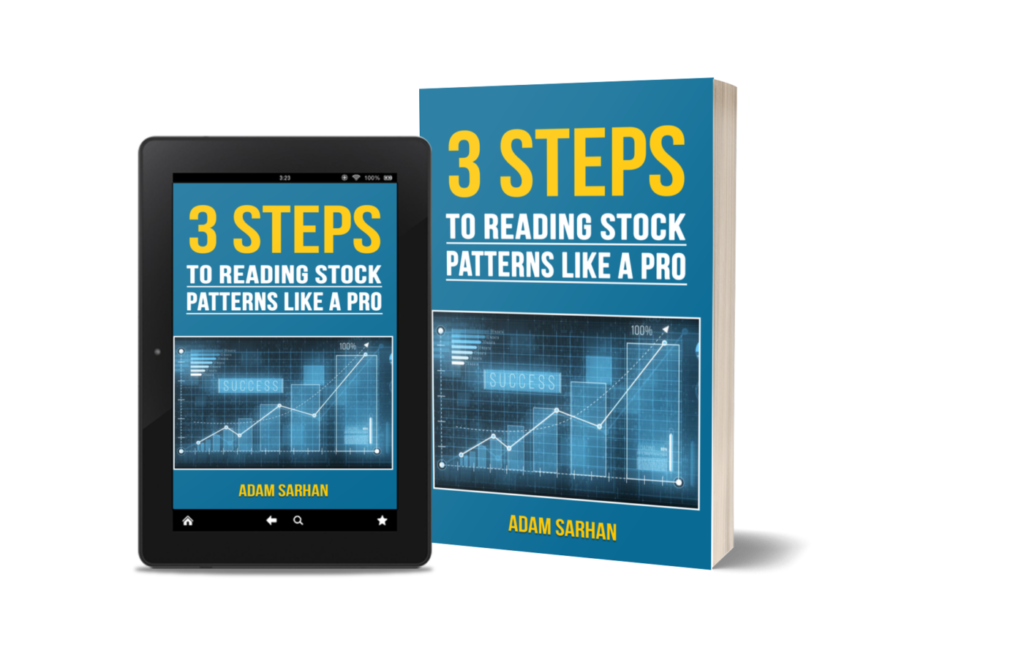 Does Money Motivate?
Does Money Motivate?
It is generally accepted that money is a motivator; if you link pay to performance, performance will improve. For that reason, many people’s salaries vary with their performance. This is most prevalent on Wall Street where bankers and traders receive most of their compensation in the form of incentive-based pay. In his book, “Drive”, Dan Pink considers whether pay for performance really works. Does dangling a carrot and threatening with a stick cause people to deliver better results? The research finds that this is not always the case.
“Money causes us to focus on something that is irrelevant to the problem.
In doing so, it complicates the puzzle, making it more difficult to solve.”
Mechanical vs Analytical Tasks:
 For very mechanical tasks, incentive-based pay does work. A brick layer who is paid by the brick will work more effectively than one who is paid by the hour. However, for tasks that require analytical thinking, his results show that performance is actually worse when it is linked to pay.
For very mechanical tasks, incentive-based pay does work. A brick layer who is paid by the brick will work more effectively than one who is paid by the hour. However, for tasks that require analytical thinking, his results show that performance is actually worse when it is linked to pay.Pink cites research involving the solving of puzzles. The person who was told she would receive a financial reward if she solved the puzzle in the shortest time performed worse than a person who had no potential for financial reward if the puzzle was solved quickly.
The person who was solving the puzzle for the sake of solving the puzzle did it quickest.
Follow Rules That Work & The Money Will Follow:
I have been teaching people how to trade the stock market for years. One constant that I have seen is those who perform the best as traders are those who don’t care about the money. They trade with a set of rules and the discipline to follow the rules, making the money irrelevant.
Market Is A Puzzle That We Want To Solve:
 The market is a puzzle that we want to solve. Why does a focus on money make us ineffective traders, or puzzle solvers?
The market is a puzzle that we want to solve. Why does a focus on money make us ineffective traders, or puzzle solvers?I am not a behavioral scientist nor have I done the kind of research necessary to really answer that question. However, I do have an opinion based on what I have learned from trading. Money causes us to focus on something that is irrelevant to the problem. In doing so, it complicates the puzzle, making it more difficult to solve.
Focus on High Probability Trades: Positive Expected Value
If we aspire to make money from the market, we should change our focus to find trading opportunities with a positive expected value. Money will be the determinant of success, but it will not be something that is part of the problem to be solved.
Suppose you buy a stock and it is showing you a profit of $1000. It is near to the end of the month and you need $1000 to pay your rent. There is a good chance you will sell the stock because of your need, regardless of what your analysis would tell you about the stock’s potential to move higher.
Keep it Simple: Money Doesn’t Help You Solve The Puzzle
 Money causes a greater problem to our trading when it comes to taking losses. A stock may remain a good hold despite the fact it is showing as a loss. The size of the loss often causes traders to exit the trade simply because the money, and the potential loss of more, causes them too much concern.
Money causes a greater problem to our trading when it comes to taking losses. A stock may remain a good hold despite the fact it is showing as a loss. The size of the loss often causes traders to exit the trade simply because the money, and the potential loss of more, causes them too much concern.Avoid Emotional Decisions:
Not only can money bring an irrelevant condition into our problem-solving equation, it also tends to bring emotion which hurts our ability to make good decisions. Most people function poorly under stress and the fear of losing money brings stress. When we focus on the money, we trade with emotion and that means we make bad trades.
Do The Right Trade: Trade To Solve The Market’s Puzzle
Every trader has to overcome their emotional attachment to money. Trades have to be based solely on the merit of the trade. Our pursuit must be on doing the right trade, doing good analysis. If we trade to make money, we will lose it! Our chances for success improve when we simply trade to solve the market’s puzzle.




